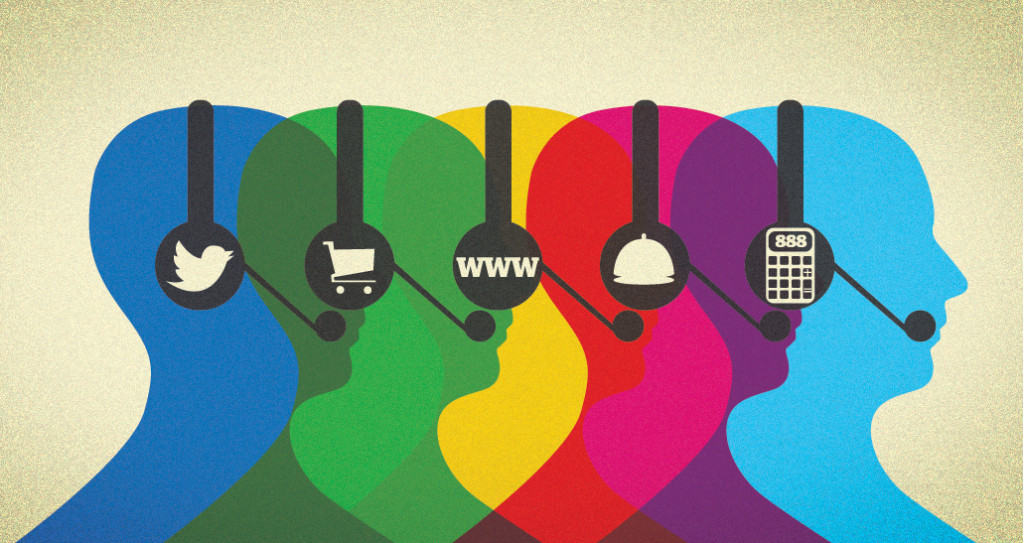Professor Steven Van Belleghem discusses what changes in technology means for the future of customer relations.
As technologies change, customer relations are also in transformation, with customers’ expectations on how they should be treated during the sales process, changing all the time.
Now more than ever, companies need to look at their current customer journey, and consider the role of self service, their data strategy and much more.
I recently carried out a global study on the future of customer relationships with data collection specialists SSI and translation agency No Problem!, to investigate all aspects of the modern customer relationship, which revealed some fascinating insights.
The changing ‘adoption curve’
You are, no doubt, already familiar with how the classic adoption curve is made up of innovators, early adopters, early majority, late majority and laggards.
It is a model that all entrepreneurs refer to at some point, but the shape of the curve is becoming more pronounced than ever before as people become increasingly aware of what’s available.
For example, today, mobile phones have become fast-moving consumer goods, with average consumers replacing their smartphones every 18 months. Tablets were launched in 2009 and in just five years this product has changed the digital world. Things are going fast, but products also often become obsolete faster than before.
Our research showed 50% of the general public know about Google Glass, 54% are familiar with the concept of a smartwatch and 33% had heard of Nike’s Fuelband, which are remarkably high figures for new products and technologies.
Perhaps even more remarkably, the intention to buy these novelties is also very high, whereas 10 years ago the so-called ‘early majority’ would have failed to see the point in new technology.
Offline to online, and back again
The idea of ‘showroomers’ or people who visit stores to see product before buying them online, is something some retailers fear, and others embrace.
Our study revealed consumers actually expect the online and offline worlds to integrate, with an increasing level of digitisation in the offline sales outlets such as interactive screens to allow consumers to look up more details on products.
73% of consumers like it when an online store also has an offline sales outlet, which should make pickup and other delivery options a crucial part of any retailer’s online strategy in future. Our research revealed that, with very few exceptions across the world, consumers are increasingly expecting to be recognised as an individual across all channels.
The answers to our questionnaire revealed very little opposition to the use of their data for specific purposes, but the majority is still clueless as to what companies are currently using their data for. 46% of respondents would be in favour of companies using their data to provide them with personalised information, with over 50% of consumers in in many countries expecting companies to use their data to improve the service they’re given.
Today, more than ever, we are living in a digital world, but it would be premature to write off everything offline and ‘human’ just because the digital society has become a reality.
Clearly there are exceptions to the general rule, and companies like Google, Amazon and Booking.com are hugely successful despite a minimum of human interventions, but these companies have an excellent track record when it comes to customer interaction.
To even try to compete with these leaders, a personal touch is key. Human contact is crucial in most customer relationships, even in the digital world. 73% of respondents said the option of talking to a real person created peace of mind, even when the digital channels are working perfectly.
With data and digital technology comes opportunities for personalisation, and little personal touches like addressing customers by name and tailoring their experience and customer journey all add up to make a difference.

